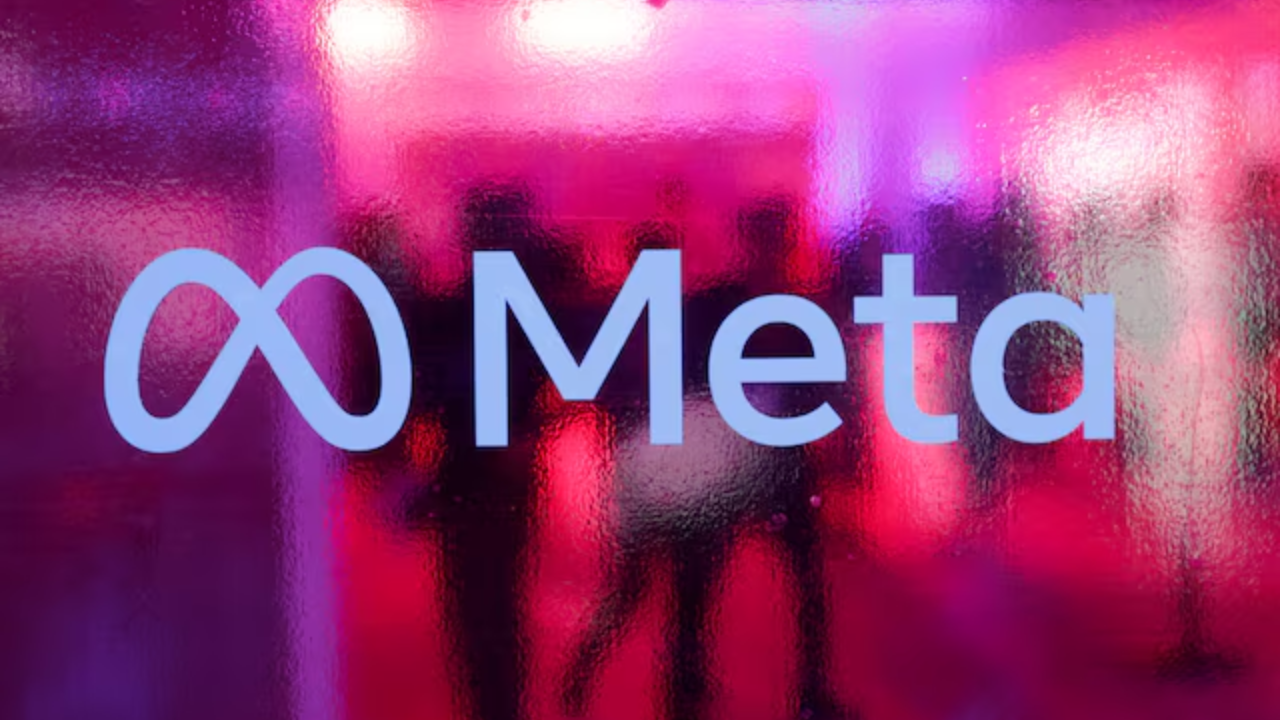
Meta buried 'causal' evidence of social media harm, US court filings allege
Nov 23, 2025
Washington [US], November 23: Meta shut down internal research into the mental health effects of Facebook and Instagram after finding causal evidence that its products harmed users' mental health, according to unredacted filings in a class action by U.S. school districts against Meta and other social media platforms.
In a 2020 research project code-named "Project Mercury," Meta (META.O), opens new tab scientists worked with survey firm Nielsen to gauge the effect of "deactivating" Facebook and Instagram, according to Meta documents obtained via discovery. To the company's disappointment, "people who stopped using Facebook for a week reported lower feelings of depression, anxiety, loneliness and social comparison," internal documents said.
Rather than publishing those findings or pursuing additional research, the filing states, Meta called off further work and internally declared that the negative study findings were tainted by the "existing media narrative" around the company.
Privately, however, staff assured Nick Clegg, Meta's then-head of global public policy, that the conclusions of the research were valid.
"The Nielsen study does show causal impact on social comparison," (unhappy face emoji), an unnamed staff researcher allegedly wrote. Another staffer worried that keeping quiet about negative findings would be akin to the tobacco industry "doing research and knowing cigs were bad and then keeping that info to themselves."
TikTok, Google and Snapchat did not immediately respond to a request for comment.
Allegations against Meta and its rivals include tacitly encouraging children below the age of 13 to use their platforms, failing to address child sexual abuse content and seeking to expand the use of social media products by teenagers while they were at school. The plaintiffs also allege that the platforms attempted to pay child-focused organizations to defend the safety of their products in public.
In one instance, TikTok sponsored the National PTA and then internally boasted about its ability to influence the child-focused organization. Per the filing, TikTok officials said the PTA would "do whatever we want going forward in the fall. (t)hey'll announce things publicly(,), (t)heir CEO will do press statements for us."
By and large, however, the allegations against the other social media platforms are less detailed than those against Meta. The internal documents cited by the plaintiffs allege:
Meta intentionally designed its youth safety features to be ineffective and rarely used, and blocked testing of safety features that it feared might be harmful to growth.
Meta required users to be caught 17 times attempting to traffic people for sex before it would remove them from its platform, which a document described as "a very, very, very high strike threshold."
Meta recognized that optimizing its products to increase teen engagement resulted in serving them more harmful content, but did so anyway.
Meta stalled internal efforts to prevent child predators from contacting minors for years due to growth concerns, and pressured safety staff to circulate arguments justifying its decision not to act.
In a text message in 2021, Mark Zuckerberg said that he wouldn't say that child safety was his top concern "when I have a number of other areas I'm more focused on like building the metaverse." Zuckerberg also shot down or ignored requests by Clegg to better fund child safety work.
Meta's Stone disputed these allegations, saying the company's teen safety measures are effective and that the company's current policy is to remove accounts as soon as they are flagged for sex trafficking.
He said the suit misrepresents its efforts to build safety features for teens and parents, and called its safety work "broadly effective."
"We strongly disagree with these allegations, which rely on cherry-picked quotes and misinformed opinions," Stone said.
The underlying Meta documents cited in the filing are not public, and Meta has filed a motion to strike the documents. Stone said the objection was to the over-broad nature of what plaintiffs are seeking to unseal, not unsealing in its entirety.
A hearing regarding the filing is set for January 26 in Northern California District Court.
Source: Fijian Broadcasting Cooperation






